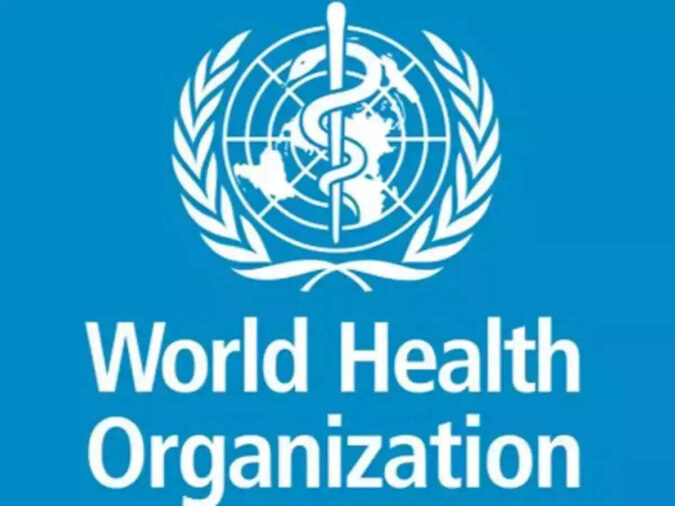The World Health Organization has tailored its Covid-19 vaccination recommendations for a new phase of the pandemic, suggesting that healthy children and adolescents may not necessarily need a shot but older, high-risk groups should get a booster between 6 to 12 months after their last vaccine.
The U.N. agency said the aim was to focus efforts on vaccinating those facing the greatest threat of severe disease and death from COVID-19, considering the high-level population immunity worldwide due to widespread infection and vaccination.
The health agency defined high-risk populations as older adults, as well as younger people with other significant risk factors. For this group, the agency recommends an additional shot of the vaccine either 6 or 12 months after the latest dose, based on factors such as age and immunocompromising conditions.
Meanwhile, it said healthy children and adolescents were “low priority” for COVID-19 vaccination, and urged countries to consider factors like disease burden before recommending vaccination of this group. It said the COVID-19 vaccines and boosters were safe for all ages, but the recommendations took into account other factors like cost-effectiveness.
The WHO said in September last year that the end of the pandemic was “in sight”. In a briefing on Tuesday, the agency said its latest advice reflected the current disease picture and global immunity levels, but should not be seen as long-term guidance over whether annual boosters would be needed.
The recommendations come as countries take differing approaches. Some high-income countries like the United Kingdom and Canada are already offering those at high-risk COVID-19 boosters this spring, six months after their last dose.
“The revised roadmap re-emphasises the importance of vaccinating those still at-risk of severe disease,” said Hanna Nohynek, chair of the WHO’s Strategic Group of Experts on immunisation, which made the recommendations.
The committee also called for urgent efforts to catch up. on routine vaccinations missed during the pandemic and warned of a rise in vaccine-preventable diseases like measles.
For Covid, it said that vaccines beyond the initial two shots and a booster were no longer routinely recommended for those at “medium risk” as benefits were marginal.
The U.N. agency said the aim was to focus efforts on vaccinating those facing the greatest threat of severe disease and death from COVID-19, considering the high-level population immunity worldwide due to widespread infection and vaccination.
The health agency defined high-risk populations as older adults, as well as younger people with other significant risk factors. For this group, the agency recommends an additional shot of the vaccine either 6 or 12 months after the latest dose, based on factors such as age and immunocompromising conditions.
Meanwhile, it said healthy children and adolescents were “low priority” for COVID-19 vaccination, and urged countries to consider factors like disease burden before recommending vaccination of this group. It said the COVID-19 vaccines and boosters were safe for all ages, but the recommendations took into account other factors like cost-effectiveness.
The WHO said in September last year that the end of the pandemic was “in sight”. In a briefing on Tuesday, the agency said its latest advice reflected the current disease picture and global immunity levels, but should not be seen as long-term guidance over whether annual boosters would be needed.
The recommendations come as countries take differing approaches. Some high-income countries like the United Kingdom and Canada are already offering those at high-risk COVID-19 boosters this spring, six months after their last dose.
“The revised roadmap re-emphasises the importance of vaccinating those still at-risk of severe disease,” said Hanna Nohynek, chair of the WHO’s Strategic Group of Experts on immunisation, which made the recommendations.
The committee also called for urgent efforts to catch up. on routine vaccinations missed during the pandemic and warned of a rise in vaccine-preventable diseases like measles.
For Covid, it said that vaccines beyond the initial two shots and a booster were no longer routinely recommended for those at “medium risk” as benefits were marginal.
